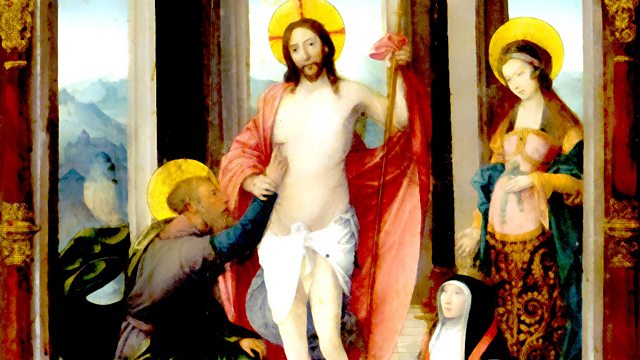
Darkness Made Visible
Richard Holloway explores one of the biggest questions in the story of doubt: How can we reconcile the idea of God, when there is so much suffering in the world?
In a series of personal essays, Richard Holloway considers the tensions between faith and doubt over the last 3000 years. Author and former Bishop of Edinburgh, Richard Holloway focuses on the Judeo-Christian tradition as he takes the listener from the birth of religious thinking, through the Old and New Testaments, to the developments in subsequent centuries and their influence on thinkers and writers, up to the present day.
In today's programme, Richard Holloway explores one of the biggest questions in the story of doubt: How can we reconcile the idea of God when there's so much suffering in the world? He cites the 18th century philosopher David Hume who formulated the eternal questions about God and the presence of evil: "Is he willing to prevent evil, but not able? Then is he impotent. Is he able, but not willing? Then is he malevolent. Is he both able and willing? Whence then is evil?"
Holloway continues into the 20th Century, focussing on the work of the Jewish poet and Holocaust survivor Paul Celan, and the French Resistance writer Andre Schwartz-Bart. David Jasper, Professor of Literature and Theology at Glasgow University, discusses how these writers attempted to 'say the unsayable'.
Producer: Olivia Landsberg
A Ladbroke Production for Βι¶ΉΤΌΕΔ Radio 4.
Last on
Broadcast
- Wed 20 Jun 2012 13:45Βι¶ΉΤΌΕΔ Radio 4
